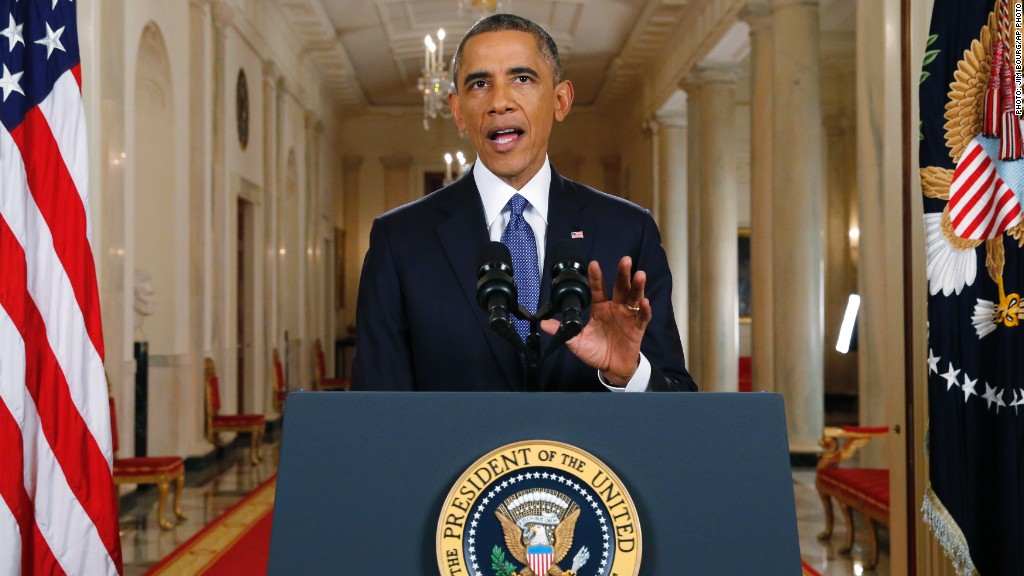
On Thursday, President Obama vowed to make it "easier and faster" for foreign entrepreneurs to work in the U.S. But he was mum about the details that would make this happen.
More details were provided in a memo released by the Department of Homeland Security, which reveals a significant new opportunity for foreign entrepreneurs: parole status.
Parole status is typically granted for humanitarian or medical relief as a way to enter the country without a visa. But the DHS recommended that the U.S. Citizenship and Immigration Services propose such a program that would enable inventors, researchers and startup founders to legally come to the U.S. for an unspecified period of time.
"This is a temporary fix for the fact that we never got a startup visa," said Susan Cohen, immigration attorney at Mintz Levin. "This is the solution the president has come up with, which is very creative."
Related: High-skilled immigration fixes are just a band-aid
An H-1B (the most popular visa for high-skilled workers) requires foreign entrepreneurs to show they can be hired, fired, paid and controlled by the company, so it's very difficult to launch a company.
As a result, many entrepreneurs are choosing to start their companies elsewhere, like Madhuri Eunni who launched a tech business in Toronto. (Canada is just one country that's implementing changes to cater to entrepreneurs. It launched a startup visa in April 2013.)
This new proposal provides an easier pathway for entrepreneurs who are looking to enter the U.S. market. In order to be eligible, they'll have to demonstrate that they're innovative and job creators -- or that they've received "substantial" funding from U.S. investors.
It could be tacked on to the existing parole regulation, although there's no telling how many would be accepted, since it would be determined on a case-by-case basis. Currently, USCIS accepts just 25% of the parole requests (out of 1,200 a year).
Related: I created 7 jobs and the U.S. tried to deport me
Experts say this could be a big leap forward for the startup community.
"[It's] by no means a visa. It's a runway," said Tahmina Watson of Watson Immigration Law. "I have a couple of [foreign startup founder] clients who could probably use it immediately. It allows them to do an exploratory, investigative side of their business, have meetings with VCs and raise money."
The ultimate goal would be to build the foundation of a business so entrepreneurs would be eligible for a more permanent visa.
For now, there's no clarity about how long foreign innovators might be able to say in the U.S on parole or on what type of visa they might be eligible for after that period. And, Watson said those without any ties to the U.S. might have a hard time getting VCs to invest when there's no guarantee of obtaining a more permanent visa. Cohen also emphasized that the DHS memo was just a suggestion -- USCIS still has to implement it.
"Under the circumstances, this is the best that [Obama] can do," said Watson. "[But] there is no substitute to Congress doing work."



